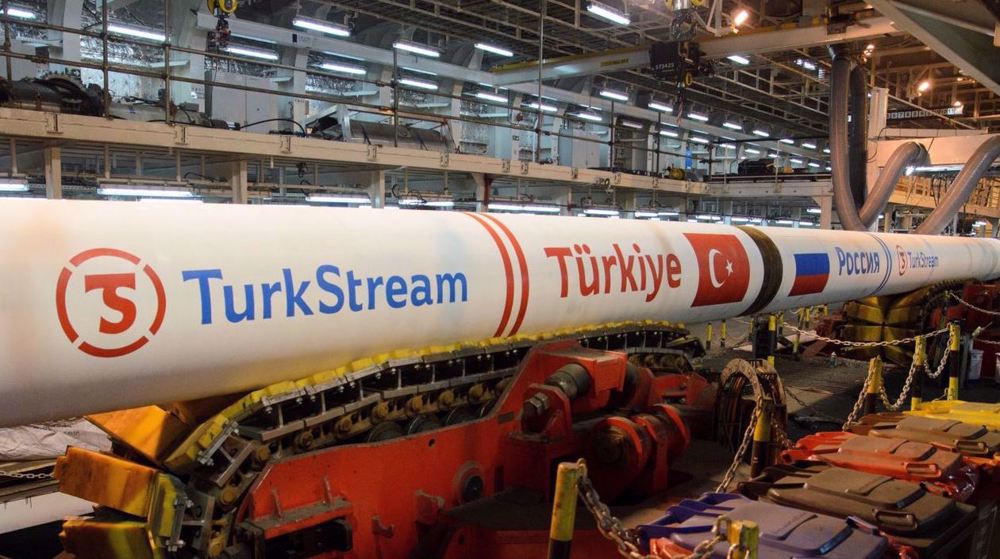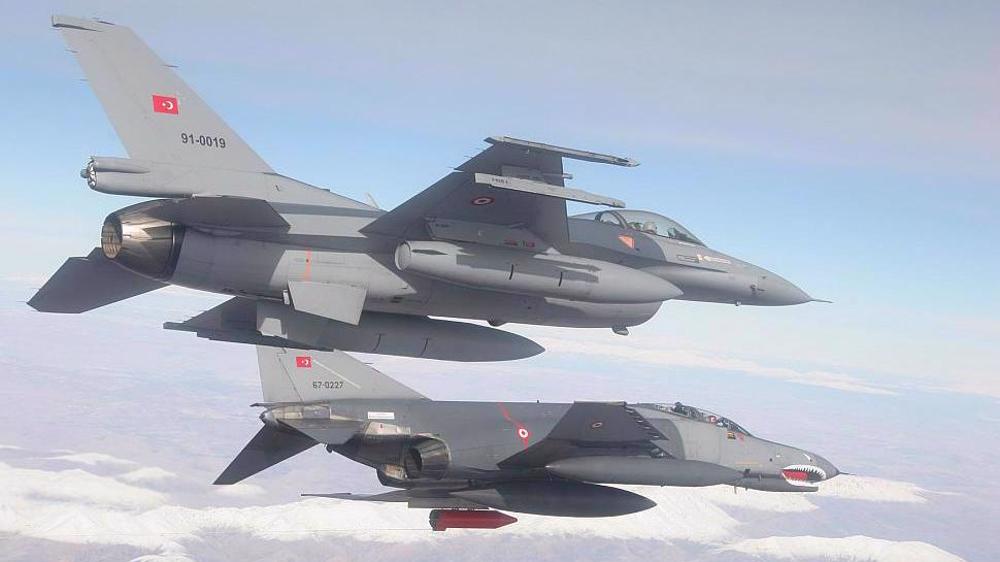Turkish, German foreign ministers pledge to mend strained relations
The German and Turkish foreign ministers have agreed to devote all efforts to mend Ankara-Berlin ties that have turned sour following the 2016 failed putsch in Turkey.
During their meeting in an imperial palace in the German central city of Goslar on Saturday, German Foreign Minister Sigmar Gabriel pointed to the historic links between the two countries, saying, "We have both made it our business to do everything we can to overcome the difficulties there have been in German-Turkish relations and to find more common ground in the future by remembering everything that binds us together."
Turkish Foreign Minister Mevlut Cavusoglu, for his part, said the two NATO allies believed they could iron out their differences through dialogue, noting that Berlin and Ankara shared views on a variety of issues in the Middle East and were cooperating on issues such as refugees.
"There is benefit in pushing our disagreements aside and continuing on our path. We should focus on issues that serve as win-win for our countries, like the [EU’s] Customs Union," he said.
Ties between Turkey and Germany soured over a host of issues after the July 2016 coup attempt against the government in Ankara, with Berlin critical of Ankara’s post-coup crackdown and the arrest of German citizens in Turkey.
Turkey, which remains in a state of emergency since the coup, has been engaged in suppressing the media and opposition groups suspected to have played a role in the failed coup.
In the post-coup crackdown, Turkey has suspended or dismissed more than 150,000 judges, policemen, teachers, and civil servants and arrested over 55,000 others.
Turkey has accused Germany of harboring “terrorist” organizations opposed to Turkish President Recep Tayyip Erdogan.
The two countries have also clashed over Germany’s alleged support for Kurdish opponents of the Turkish government and its opposition to a controversial referendum in Turkey in April 2017, which gave Erdogan new sweeping powers. German authorities at the time prevented some pro-Erdogan campaigns in the country, a move that infuriated the Turkish president.
One of the disputes between Ankara and Berlin revolves around Turkey’s arrest of several Germans. The German government believes Turkey has detained seven Germans, four of whom have dual nationalities, for political reasons.
Germany-Turkey economic cooperation has also been hit as a result of the tense political relations.
Germany is Turkey’s biggest trade partner, but in the first nine months of 2017, the European country’s exports to Turkey dropped by 5.9 percent.
Gabriel said the two ministers had agreed to recommend that a joint German-Turkish economic commission that hasn't met recently reconvene. They also want to revive a "strategic dialogue" between their ministries, he added.
Read more:
Hamas thanks Iran, Resistance Front following achievement of ceasefire in Gaza
'Capitulation': Israeli officials and media concede Gaza defeat as truce unfolds
'Gaza has won': Social media users react to ceasefire with mix of relief, joy
Iran seeks South Korea’s assistance for AI, fiber-optic projects
VIDEO | Iran's 'Eqtedar' (Power) maneuver
Israel hits HTS military target in Syria for 1st time since fall of Assad
VIDEO | Press TV's news headlines
Israel has slaughtered 13,000 students in Gaza, West Bank











 This makes it easy to access the Press TV website
This makes it easy to access the Press TV website